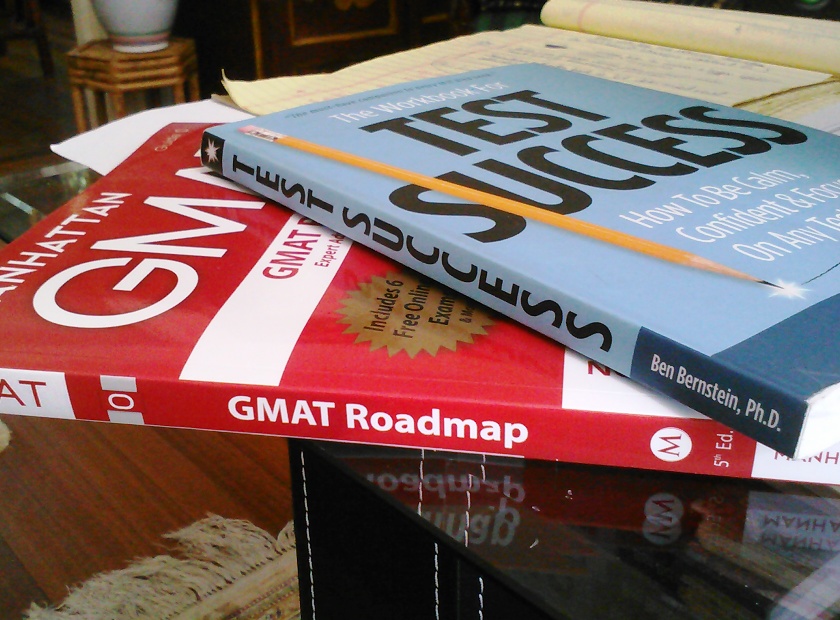A Treasury of MBA WaitList Strategies and Resources
 Quite a few of you are trying now to figure out what to do while hanging out on the waitlist for your top-choice MBA program. It’s a tough position, and I prefer the Wharton model, which doesn’t allow you to add anything. It is so much easier to let the universe do its business. But for those who have to act, I’ve got a few resources for you. Some are from admissions officers themselves, such as in this YouTube video put together by Vault.com.
Quite a few of you are trying now to figure out what to do while hanging out on the waitlist for your top-choice MBA program. It’s a tough position, and I prefer the Wharton model, which doesn’t allow you to add anything. It is so much easier to let the universe do its business. But for those who have to act, I’ve got a few resources for you. Some are from admissions officers themselves, such as in this YouTube video put together by Vault.com.
Another link that I like very much is a podcast from a student who lobbied his way off the waiting list into MIT Sloan. It’s a fun story, and you get really excited for the student, Galen Li, and his enthusiasm.
You can also get some ideas from schools who have been willing to do online chats about waitlist strategies, including UC Berkeley’s Haas School of Business or Michigan’s Ross School of Business, and Cornell’s Johnson School.
Accepted.com does a very good job of managing chat transcripts for a variety of schools. I encourage you to look at Linda Abraham’s recommendations for your actions while on the waitlist, advice which is straightforward and to the point. I know Linda from our work on the Association of International Graduate Admissions (AIGAC.org) board, and she really knows what she is talking about. I love her #1 recommendation – FOLLOW INSTRUCTIONS. If the school doesn’t want to hear from you, don’t violate it, and if they do, be judicious. Stay focused – and don’t overwhelm them with lots of data points. Keep it crisp.
My favorite piece of advice comes from the great Jeremy Wilson, who is a student member of the Northwestern Kellogg JD/MBA admissions committee. His article, “Playing the Waiting List Game,” is both thoughtful and action-oriented. Please do remember, however, that his experience is from Kellogg only. But it’s really very cool.
Generally, the waitlisted applicants are considered solid candidates, even star candidates. Now is the time to showcase more subtle aspects of your profile. Be ready to articulate your story again, but this time better. Give them a few golden nuggets you may have forgotten to dig out from your past and put in your essays. Also, distinguish how you stand out from the other number-crunching bankers, consultants, or whatever professional you are and how you can add perspective to the classroom.
And be more introspective the next few weeks, so that you’re better prepared to talk about your leadership or entrepreneurial goals. Instead of using industry buzz words, overused resume verbs, and clichéd MBA language, think more deeply about your leadership style and talk more about stuff that motivates you, what you did, how you felt, and what you learned. And if you’re really up to it, try really spilling your guts a bit more and really putting the details out there—always remembering to stay professional of course—because this might just be your last chance.




